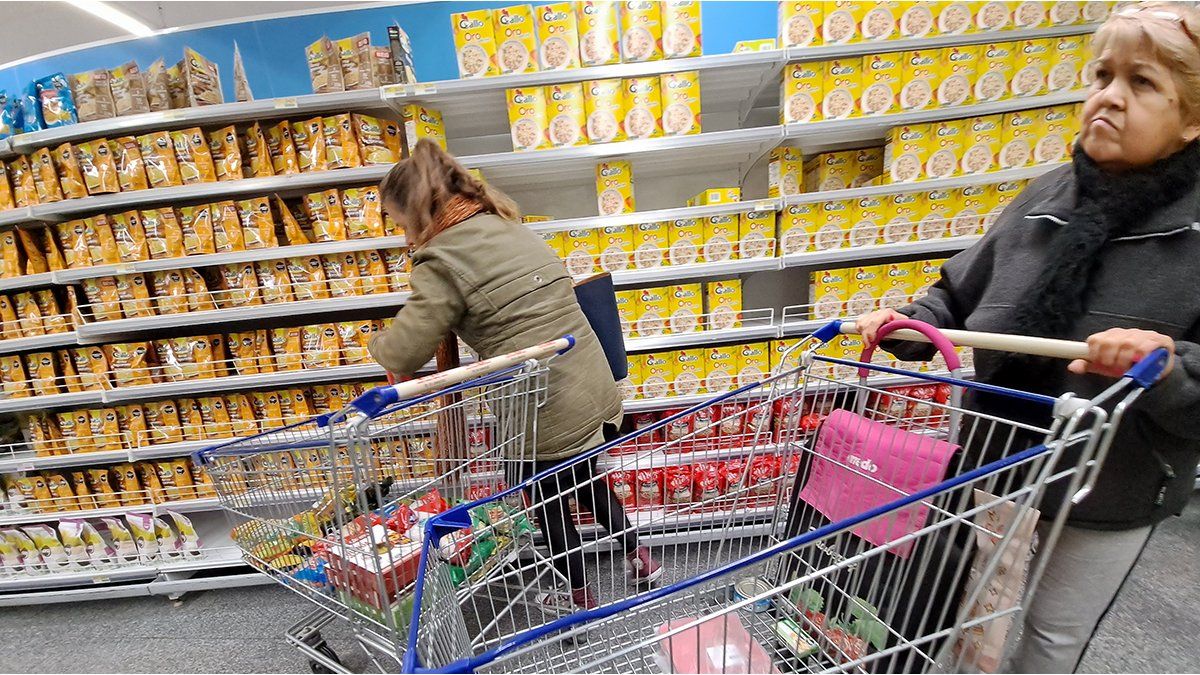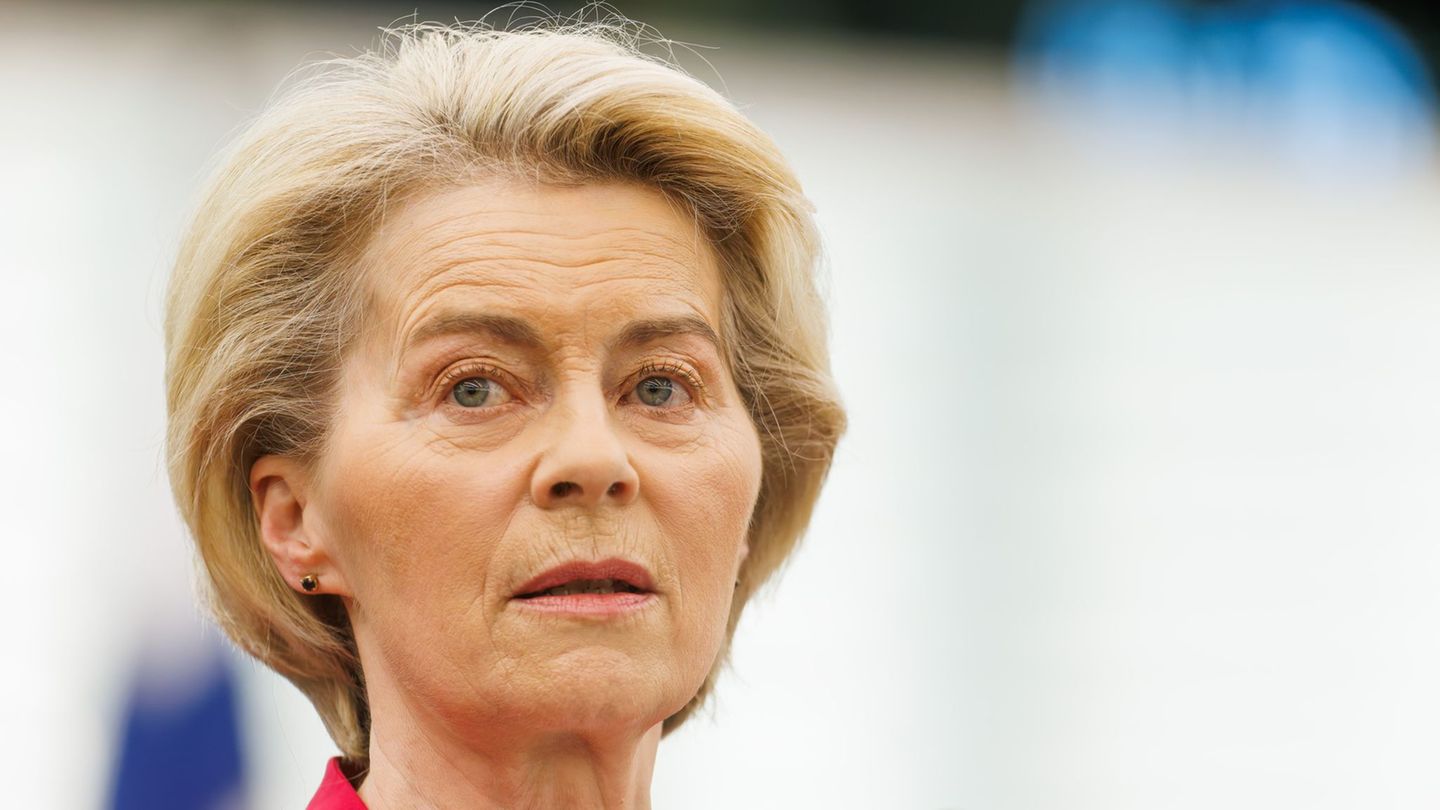In a month marked by the strong jump in inflationwhich reached its highest variation in 32 years, the Mass consumption grew during August. According to private surveys, the improvement is explained by the increase in sales in supermarkets, which registered a strong jump the week after the PASSED.
This is clear from the survey carried out by the consulting firm Scentia, which recorded an increase in sales volume of 5.2% in August compared to the same month of the previous year. “The growth, although high and even unexpected, It has its explanation in the great performance of the Supermarkets channel. Although this channel has been positive for several months and is already compared to high bases in 2022, it continues to gain traffic and increase its sales,” the firm explained.
In that context, The study highlighted a “jump” of 24.4% in supermarket sales in the week of August 14 to 20, after the PASO. This marked increase could be explained by the decision of many consumers to anticipate purchases in mass consumption products, as coverage given the expected price increases due to the devaluation of the official dollar.
Increases that, in fact, occurred. For example, according to the report of Inflation in Supermarkets from the Scalabrini Ortíz Center for Economic and Social Studies (CESO), “The devaluation jump implied that weekly inflation went from 1.3% to 4.8%” the week after the PASO. Additionally, on Wednesday, August 16, Prices in supermarkets had a daily increase of 2.6%, when the previous average rate was 0.2%.
In this scenario, as Scentia revealed, Sales in supermarkets grew 14.1% year-on-year in August, while in local supermarkets they fell 3.2%. “The situation between GBA and Interior for supermarkets is relatively similar, and the retraction of Self-services in GBA is very marked (-21.6%),” the firm explained, and detailed: “All the positive baskets in Supermarkets and only three positive in Self-service (food, perishable and impulsive)”.
Thus, in the first eight months of the year, mass consumption accumulates an increase of 0.2%, according to Scentia. The gap between the different channels is also notable in this comparison: while the Supermarkets grew by 8.2%, in self-service stores the drop is 6.8%.
The price difference between the different channels explains this disparity in demand. A reality that, as explained by Scentia to Ambit, will not be modified based on the recent measure announced by the Government to refund VAT for products in the basic basket. As they pointed out, The measure may help sustain consumption, but “it would not change the dynamics of choosing a place of purchase.”
Precisely, when analyzing how the VAT refund may impact consumption during the coming months, Damián Di Pace, director of the consulting firm Focus Market, said: “I don’t know if it is going to help raise consumption, because ultimately it has a limit. refund of $18,000. Something may moderate it, but I don’t think it will reverse the process of falling consumption. “It can cushion it so it doesn’t continue to fall further.”
Inflation: post-STEP jump
Advance purchaseseven financing them with a credit card to pay them due the following month, are some of the tips basic financial statements given by analysts so that people can hedge against inflation.
And this is what, as can be seen from the Scentia survey, pushed up sales in supermarkets after the PASO. A week that was marked by the devaluation of the official dollar and the lack of reference in prices.
In fact, according to information published by the Secretariat of Economic Policy, dependent on the Ministry of Economy, In the third week of August inflation was 4.8%. A figure that dropped to 3.8% the following week, then dropped to 2.5% and stood at 2.1% last week.
For its part, according to the CESO Supermarket price index, “the devaluation jump implied that weekly inflation went from 1.3% to 4.8%.” “The peak recorded in weekly inflation is also the highest in the entire series that we have surveyed since 2016. Weekly monthly inflation went from being in a range of 5-7% since June to rising to 20%,” the study detailed.
“After the post-PASO devaluation, the acceleration in price variation led to increases of up to 20% in several categories of mass consumption in August. In turn, the impact was immediate in the last 15 days in the pockets of Argentines, with a sharp drop in sales in local businesses of up to 500 m2, with a greater impact on food, personal care, and cleaning,” he concluded. Say Pace.
Source: Ambito




